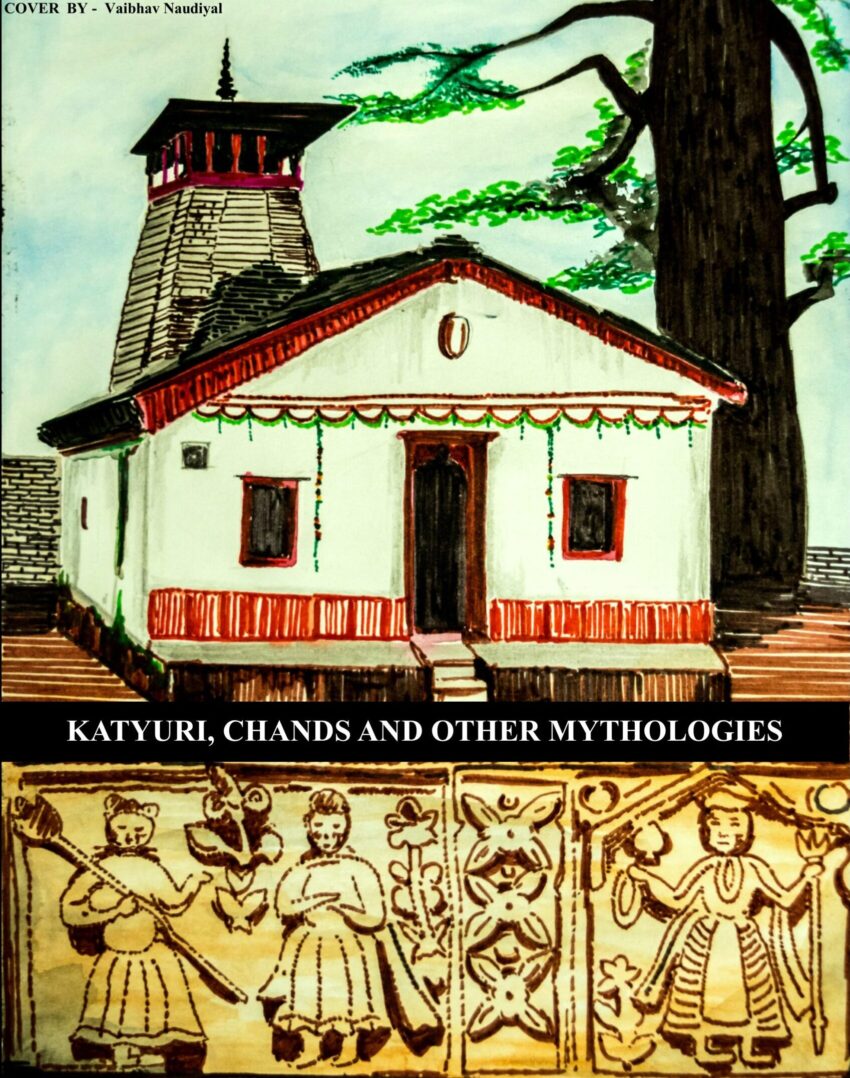In the early 20th century, Almora, nestled in the Himalayan foothills, was a quiet town where Irene Pant ‘s journey began. Born into a family that had converted to Christianity generations earlier, Irene grew up surrounded by the natural beauty of the Kumaon region. Her upbringing instilled in her a deep sense of community and a commitment to education, values that would shape her future endeavors profoundly.

Irene’s academic journey took her first to Wellesley Girls’ High School in nearby Nainital, where she honed her intellect and leadership skills. Later, she pursued higher education at Isabella Thoburn College in Lucknow, where she distinguished herself not only for her academic achievements but also for her active participation in student affairs and governance. Her proficiency in Economics and Sociology laid the foundation for a career that would blend academia with advocacy for social change.
It was during her tenure as a professor at Indraprastha College in Delhi that Irene’s path intersected with the larger currents of Indian politics. In 1931, she met Nawabzada Liaquat Ali Khan, then an emerging figure in the All India Muslim League, during a flood relief campaign in Bihar. This meeting would prove pivotal, as their subsequent marriage in 1932 marked the beginning of her transformation into Begum Ra’ana Liaquat Ali Khan.

The decision to embrace Islam and adopt the name Gul-i-Rana was not merely personal but also a reflection of her commitment to support Liaquat Ali Khan’s vision for an independent Pakistan. As the political landscape of British India shifted towards partition, Begum Ra’ana emerged as a staunch advocate for Muslim women’s rights and a key figure in the Pakistan Movement. Her involvement in persuading Muhammad Ali Jinnah to return from England and lead the Muslim League underscored her strategic acumen and dedication to the cause.

Following Pakistan’s independence in 1947, Begum Ra’ana assumed the role of the nation’s inaugural First Lady. Her tenure was marked by groundbreaking initiatives aimed at empowering women and fostering social progress. She spearheaded the establishment of the All Pakistan Women’s Association (APWA), a pioneering organization that continues to champion women’s rights and welfare across Pakistan. Under her leadership, APWA became a catalyst for change, advocating for education, healthcare, and economic opportunities for women nationwide.
Begum Ra’ana’s contributions extended beyond domestic affairs. As Pakistan’s Ambassador to the Netherlands and later to Italy, she represented her country on the international stage with grace and diplomacy. Her tenure was characterized by efforts to strengthen Pakistan’s diplomatic relations and promote cultural exchange, earning her respect and admiration both at home and abroad.

In the tumultuous political landscape of the 1970s, Begum Ra’ana aligned herself with Prime Minister Zulfikar Ali Bhutto’s government, serving as Governor of Sindh and playing a pivotal role in economic policy-making. Her steadfast commitment to social justice and women’s empowerment remained unwavering, even amid political upheavals and challenges.

Throughout her life, Begum Ra’ana Liaquat Ali Khan’s resilience, vision, and unwavering dedication to public service set her apart as a trailblazer in Pakistani history. Her legacy continues to inspire generations of women and men alike, reminding us of the transformative power of leadership driven by compassion and a commitment to equality.
Begum Ra’ana’s journey from the tranquil hills of Almora to the corridors of power in Pakistan is not just a biographical account but a testament to the enduring spirit of service and the limitless potential of individuals to shape the course of history. Her life story resonates as a beacon of hope and empowerment, urging us all to strive for a more inclusive and equitable society, where every voice is heard and every person has the opportunity to thrive.
Discover more from The Doon Mozaic | द दून मोज़ेक
Subscribe to get the latest posts sent to your email.



